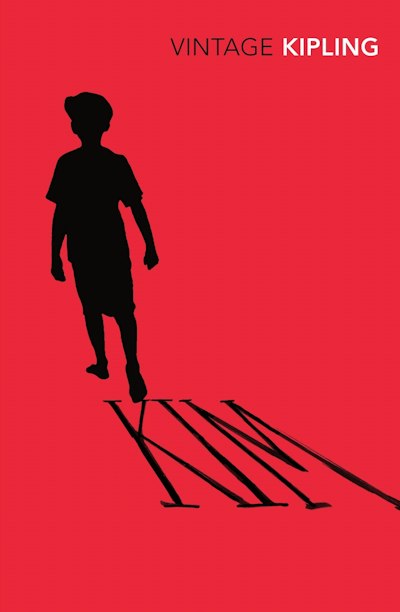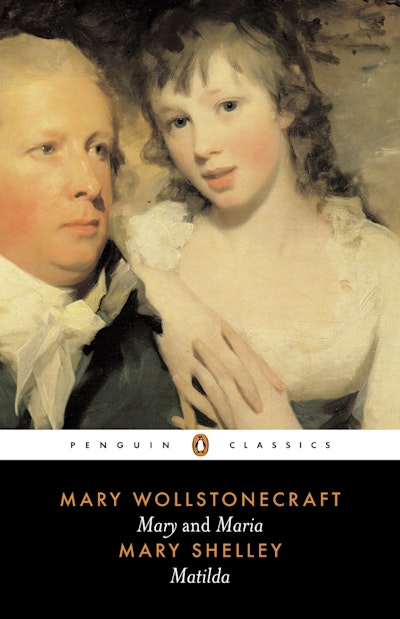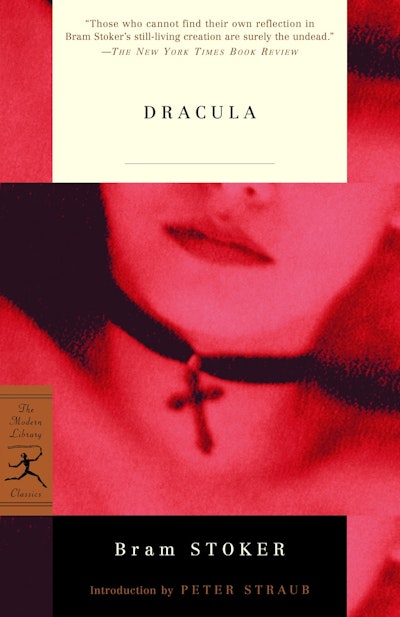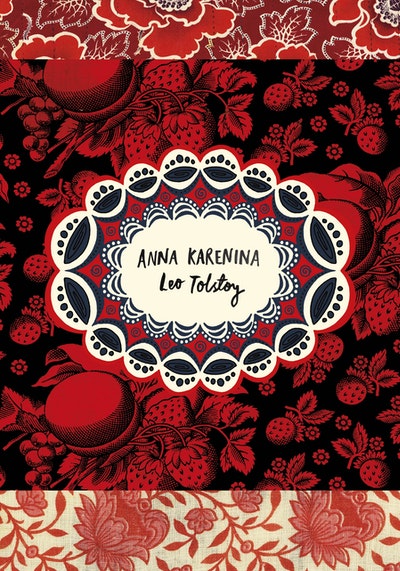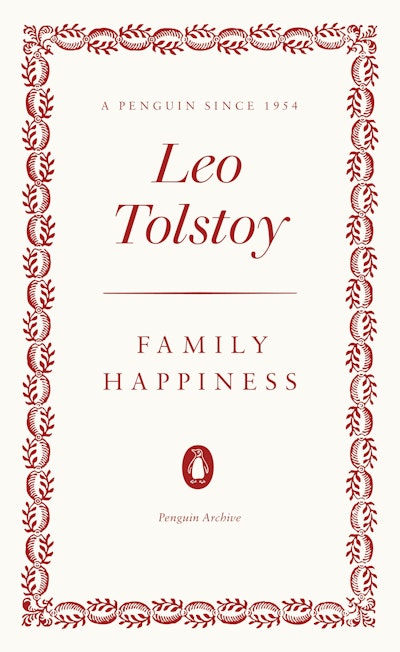- Published: 17 October 2006
- ISBN: 9780140449594
- Imprint: Penguin Classics
- Format: Paperback
- Pages: 528
- RRP: $26.99
The Cossacks and Other Stories
Part of the Penguin Classics' fresh new editions of Tolstoy's major works - including Antony Briggs' stunning new translation of War and Peace
In 1851, at the age of twenty-two, Tolstoy joined the Russian army and travelled to the Caucasus as a soldier. The four years that followed were among the most significant in his life, and deeply influenced the stories collected here. Begun in 1852 but unfinished for a decade, The Cossacks describes the experiences of Olenin, a young cultured Russian who comes to despise civilization after spending time with the wild Cossack people. Sevastopol Sketches, based on Tolstoy's own experiences of the siege of Sevastopol in 1854-55, is a compelling consideration of the nature of war, while Hadji Murat, written towards the end of his life, returns to the Caucasus of Tolstoy's youth to explore the life of a great leader torn apart by a conflict of loyalties. Written at the end of the nineteenth century, it is amongst the last and greatest of Tolstoy's shorter works.
- Published: 17 October 2006
- ISBN: 9780140449594
- Imprint: Penguin Classics
- Format: Paperback
- Pages: 528
- RRP: $26.99






























































































































































































































































































































































































































